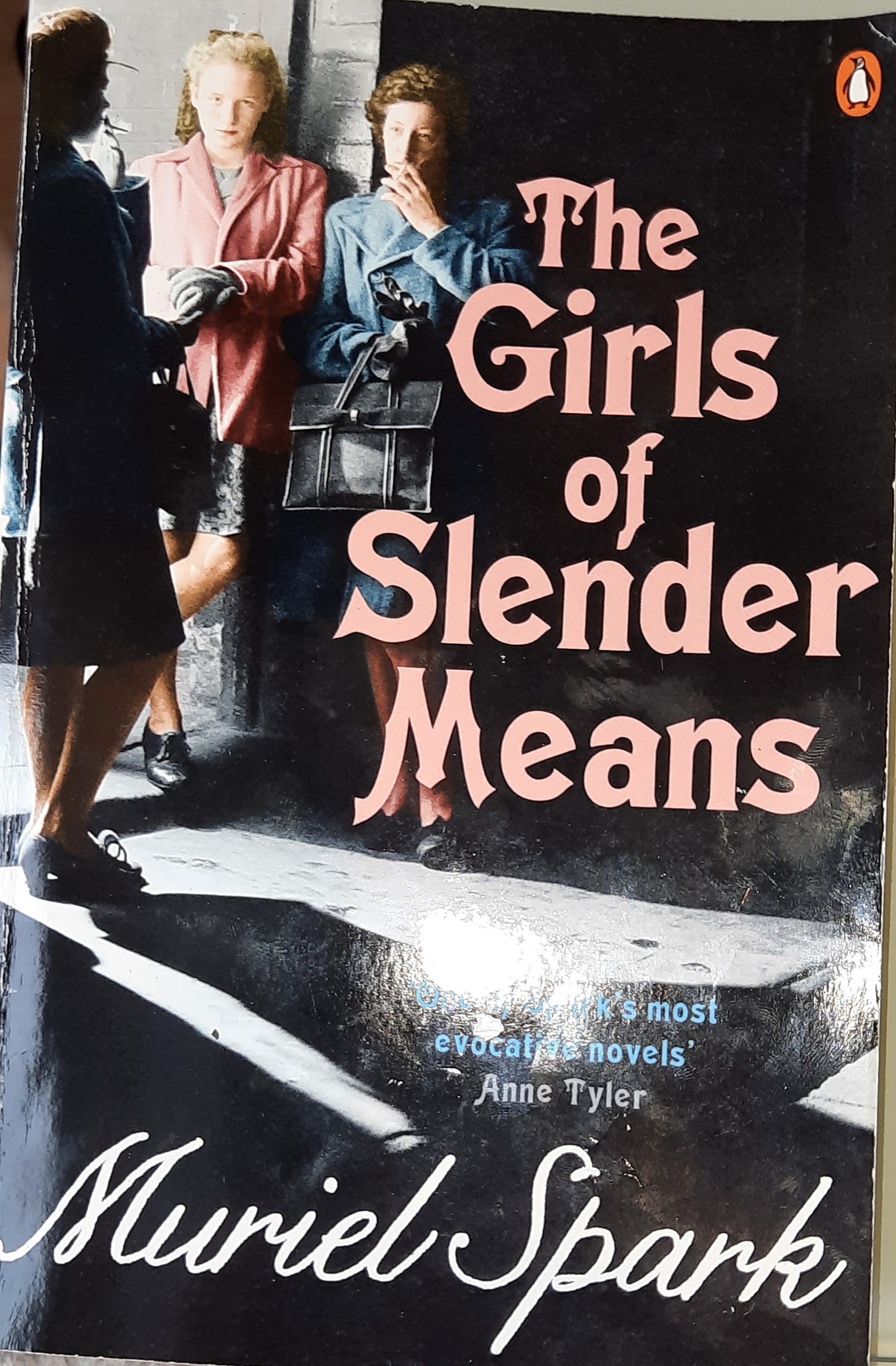What I read in September
This month I read two recently published books that have the same goal: to reclaim left-wing politics from the grip of woke thinking. In Cancelled: The Left Way Back from Woke, Umut Ozkirimli takes us on a whistle-stop tour of contemporary political controversies and the views of the commentators who have tried to make sense of them. Susan Neiman, writing in Left Is Not Woke, covers more historical and philosophical ground. She criticises the woke obsession with identity as an attack on universalism and reason grounded in misrepresentations of the Enlightenment. By reclaiming the Enlightenment from the historical revisionists, Neiman hopes to revive the principles necessary to challenge social inequalities.
Both authors point to identity politics and the culture of victimhood it engenders as regressive trends that breathe new life into racial thinking. Ozkirimli criticises the woke left for not seeing:
that cancelling or calling out are also about power and privilege; that radical identity politics is individualistic and narcissistic; that personal therapy is no substitute for collective political action; that performative outrage does not advance the cause of social justice.
Neiman suggests that woke:
begins with concern for marginalized persons, and ends by reducing each to the prism of her marginalization. The idea of intersectionality might have emphasized the ways in which all of us have more than one identity. Instead, it led to focus on those parts of identities that are most marginalized, and multiplies them into a forest of trauma.
Both books are worth reading for this critique of our current obsessions with identity and victimhood. Beyond this, Ozkirimli mounts a useful defence of free speech and Neiman of the Enlightenment.
Both books, however, have their limitations. Most fundamentally, woke thinking sits above old-fashioned notions of ‘left’ and ‘right’. Yet in order to mount a ‘left-wing’ critique of its key ideas, Ozkirimli and Neiman not only have to make it fit this framework but also position themselves within it. Ozkirimli writes:
I do not claim to compare like with like, overlooking the structural imbalances between the Right, which wields enormous political and economic power, and the Left, which tries to challenge the conservative hegemony through a cultural “war of position”.
But this is so simplistic as to be inaccurate. As he acknowledges just a few pages later, ‘It is estimated that companies spend $8billion a year on diversity efforts in the US alone.’ This suggests there is some serious ‘economic power’ behind the promotion of woke values today. This $8billion sits alongside the actions of major companies and banks, such as Nike and Coutts, to promote a diversity agenda. It is not the case that a powerful Right is being challenged by an underdog Left. Any attempt at applying ‘left’ and ‘right’ categories to a world where multi-national corporations bedeck their offices in rainbow Pride flags seems to me to be a pointless exercise. We don’t need to reclaim the ‘left’, we need new categories and a new vocabulary.
To my mind, equality, justice and greater prosperity for all are best achieved by revitalising not left and right but, more fundamentally, democracy. Ozkirimli and Neiman proclaim themselves ‘democrats’ yet both go to great lengths to distance themselves from populism. Ozkirimli claims ‘radical identity politics is the mirror image of populism’; Neiman is scathing of Brexit; both seem to scorn not just Trump, but Trump voters.
Forget left and right. Any ‘way back from woke’ must be grounded not just in nods to being a democrat but meaningful support for democracy and all its messy outcomes.
Also this month, I read The Visionaries: Arendt, Beauvoir, Rand and Weil. Wolfram Eilenberger weaves together the biographies of four remarkable women with details of the intellectual work they produced in the first half of the twentieth century. It’s a charming read that takes us from the details of lives led against a backdrop of war and persecution to the global, lasting significance of their writing. Bringing the four philosophers together in one volume allows readers to connect their ideas in new ways.
Finally, on the recommendation of two Cieo subscribers, I read Muriel Spark’s The Girls of Slender Means. I loved this book! I love the way Spark informs readers of the tragic conclusions of her work right at the beginning but this sense of forboding only adds to suspense and makes the plentiful humour all the more dark.




